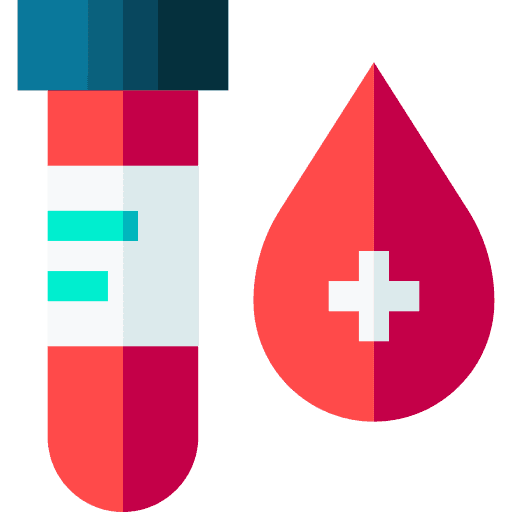End of Content.

TPO (Thyroid Peroxidase) / AMA (Antithyroid Microsomal Antibody) Test
TPO Antibody Test Overview
Thyroperoxidase (TPO) plays a role in the production of thyroid hormones. Antibodies for thyroid peroxidase (TPO) destroy thyroid gland cells, leading to hypothyroidism. Thyroid antibodies are produced when the immune system mistakenly attacks the thyroid gland or its proteins, leading to potential damage to tissues, chronic inflammation in the thyroid, and dysfunction in thyroid function. These antibodies are a distinguishing feature of Hashimoto thyroiditis but can also be present in Graves’ disease. Testing for thyroid peroxidase antibodies is done when there is a suspected autoimmune cause behind a thyroid problem.
Frequently Asked Questions
The TPO (Thyroid Peroxidase) and AMA (Antithyroid Microsomal Antibody) tests are done to detect and diagnose autoimmune thyroid diseases, such as Hashimoto's thyroiditis and Graves' disease. They measure the presence of antibodies targeting thyroid peroxidase, an enzyme involved in thyroid hormone production.
The TPO (Thyroid Peroxidase) and AMA (Antithyroid Microsomal Antibody) tests measure the presence and levels of antibodies in the blood that target specific proteins in the thyroid gland. TPO antibodies target thyroid peroxidase, an enzyme involved in thyroid hormone synthesis, while AMA antibodies target the microsomes of thyroid cells. Elevated levels of these antibodies indicate autoimmune thyroid diseases, such as Hashimoto's thyroiditis or Graves' disease.
During a TPO (Thyroid Peroxidase) and AMA (Antithyroid Microsomal Antibody) test, a blood sample is collected. You may feel a slight pinch. Results are typically available within days, followed by consultation with your healthcare provider for interpretation and any necessary follow-up actions.
If TPO (Thyroid Peroxidase) and AMA (Antithyroid Microsomal Antibody) results are abnormal, it suggests the presence of elevated levels of antibodies targeting the thyroid gland. This could indicate autoimmune thyroid diseases such as Hashimoto's thyroiditis or Graves' disease.
Further evaluation, including a comprehensive assessment of thyroid function and possibly imaging studies, may be necessary to confirm the diagnosis and determine the appropriate treatment plan. Treatment typically involves managing symptoms and, in some cases, may include medications to regulate thyroid hormone levels or immune-modulating therapies to suppress the autoimmune response. Regular monitoring is often required to track the progression of the disease and adjust treatment as needed. Consulting with an endocrinologist or healthcare provider specializing in thyroid disorders is recommended for proper management.
The TPO (Thyroid Peroxidase) and AMA (Antithyroid Microsomal Antibody) tests are typically recommended for individuals exhibiting symptoms suggestive of thyroid dysfunction, such as fatigue, weight changes, hair loss, irregular menstruation, or symptoms of hyperthyroidism or hypothyroidism. Additionally, these tests may be ordered for individuals with a family history of autoimmune thyroid diseases, those with goiter or thyroid nodules, and individuals with other autoimmune disorders.
Why OrbitoAsia Diagnostics?
Orbito Asia Labs and Scans is a comprehensive healthcare imaging and diagnostic facility under one roof. It prides itself on providing the most advanced infrastructure, the best possible medical facilities, the most competitive prices, and thorough individualised attention so that the customer can have diagnostic tests performed in the most efficient and cost-effective manner at a single location by our experienced and certified physicians and friendly staff.











